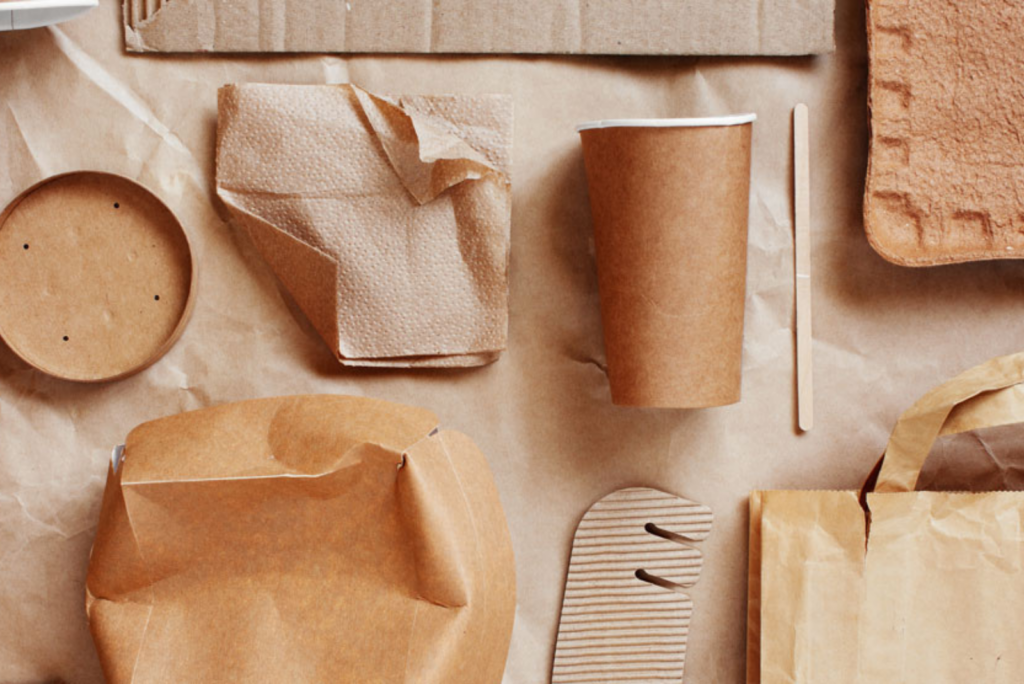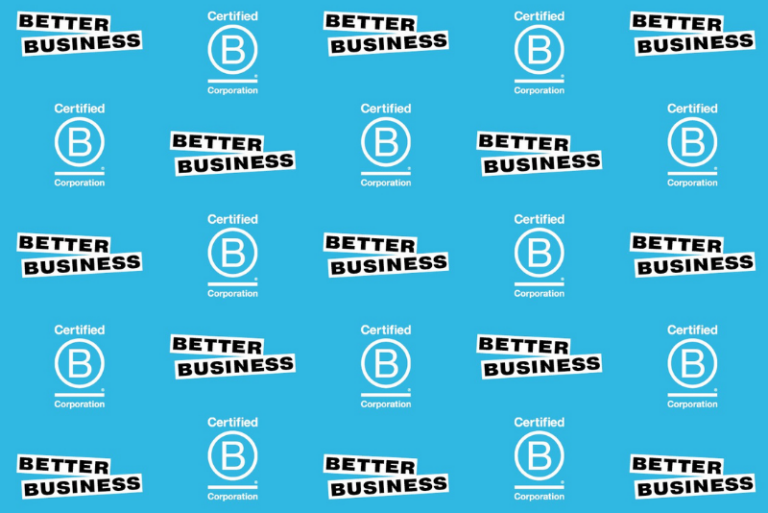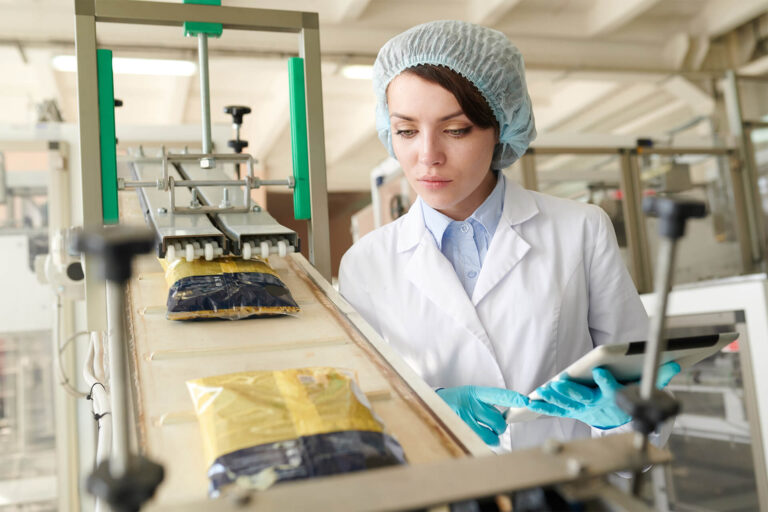WASHINGTON, DC — Consumers are increasingly supporting businesses with strong social and environmental values, making sustainability a critical component for commercial bakeries to compete. Packaging presents a big opportunity for companies to adopt sustainability claims and stick to them.
During its webinar today, the American Bakers Association (ABA) brought together experts from the baking industry, packaging industry and the US Plastics Pact, an initiative that unites businesses, non-profit organizations and other institutions in the effort to prevent plastic pollution through a circular economy, to explore the top tips and trends that bakeries should know.










